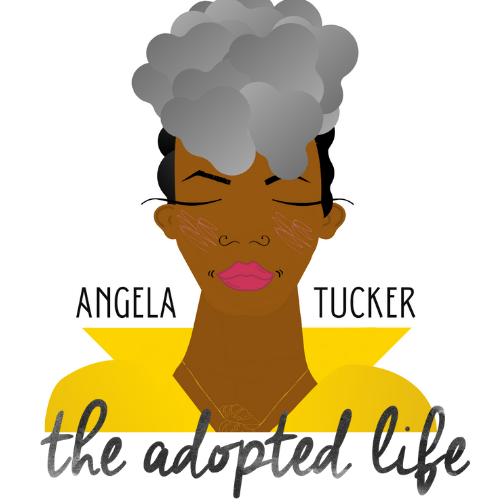"Project Search & Reunion"
I work at a foster-care agency that values courageous leadership. This core value is one reason I chose to accept a position to develop a Post-Adoption department for Amara. It is both outstanding and aggravating that I've already seen this value play out.
Shortly after I arrived at Amara, I discovered neglected requests for contact between adoptive families, birth families, and adoptees, within case files. I found signed documents requesting information about themselves from their files, letters sent from birthparents to their biological children that were unsent, as well as an adoptee and her birth mother who desired to connect but weren't connected! While absolutely devastating to discover these errors, historically, this problem is not rare especially for child welfare organizations with a long history like ours. Typical staff turnover and thousands of cases worked on over the almost 100 years that Amara has been in operation has meant that there are files that have been overlooked. Post-adoption file neglect is a likely a nationwide problem within agencies - it is alarming, and injustice and easy to shove under the rug. In fact, I've read numerous reports and heard firsthand stories of agencies that "had a flood" or "experienced a fire" causing them to "lose" all of their files.
I proposed to our leadership team that we review all files between 1950 and 2000 to ensure that all requests were properly followed up on, to reconcile any errors made, return correspondence (letters, photos, cards) to their rightful owners or intended recipients, or—in some cases—reach out directly to individuals whose cases might be more complicated. In my opinion, the next steps are clear. Information contained within adoption files don’t belong to us (agencies), nor does it belong to the dust that has made its home on the files. They belong to the individuals (adoptees) for whom the information inside pertains. Of course, there are sealed record laws, which prohibit individuals from having access to their file, but we do have the ability to share all non-identifying information without judgement about which info we should share and which we should omit. Full transparency is in an adoptee's best interest. As is the opportunity to fill holes, complete ones narrative or repair emotional harm that may have been wrought because of neglected files - even if decades have passed. In my perspective, taking collective responsibility for any error(s) or oversights that our agency may have made over the past few decades far outweigh all potential risks.
The quick response from Amara's Executive Director to move forward with "Project SRC," is evidence of that courageous leadership value that I have admired since joining Amara.
Project SRC is being undertaken with full support of the organization and I'm being supported by a team of hand-selected advisors as we deliver decades old, sometimes very difficult news.
Three cheers for doing the right thing!
We are honored and privileged to conduct this momentous work. We are unsure of our timeline, and can only surmise what lies within those files, but we are committed to full transparency. Righting our organization’s historical wrongs is a humbling process, and we hope this offers a blueprint for the future of openness and access to adoptee records!
—–
*Names have been changed for confidentiality.
**Non-Identifying Information – Agencies are legally allowed to provide adoptees with non-identifying information which includes very basic details about the birth family members. By definition, non-identifying information cannot lead to or disclose a birth parent’s identity — it does not include the parent’s name, birth date, address or phone number.


